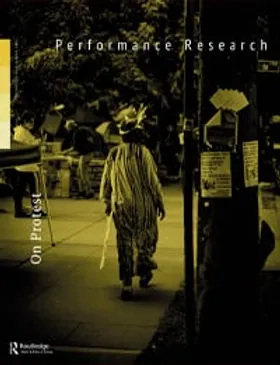Artificial Life in Jerzy Skolimowski’s Bariera
The nightmare that the characters in
Bariera struggle to exist in is that of the intolerable
social. The anonymous student and his coveted tram driver are
consistently thwarted in their attempts to find intimate space by
intruders, who appear as stampeding herds, ominous car headlights,
pestering telephone users or the of the ubiquitous face of a
bureaucrat demanding blood donations.
By winning a pot of money at the
beginning of the film, the student hopes to escape the life
prescribed for him: he drops out of school and attempts to find love.
However, neither money nor an object of desire are enough to
guarantee success: his quest for autonomy is impossible with
incessant intrusions of the social. His pursuit of pleasure becomes
sadomasochistic. Just as the game that wins him the money requires
its bound contestants to injure themselves. In its dramatization of
the tension between desire and social constraint, the film reveals
what Chris Jenks describes as the way transgression “does not deny
limits or boundaries, rather it exceeds them and thus completes them”
(7). Importantly, society does not relate to desire in a repressive
way, but rather in an obstructive way, frustrating its flow, but not
necessarily leading towards a specific end.
The mechanisms of social control reveal their efficiency with each step the student takes to assert individualism. When the couple seems to be most alone, figures appear from nowhere to interrupt them. The intolerable social seems not only to be the Communist regime, but a more insidious form of carceral society, in which the individual is not only watched to prevent political dissent, but just for the sake of being watched. In that sense, Skolimowski’s hero is more of a metaphysical rebel, in Camus’s terms, than a slave.
Autonomy is finally reduced to control over the body. By damaging his body, the student attempts to assert some ownership over it. But when he damages his body most, by tumbling down a hill, he does so with a mask of the blood donor bureaucrat on his head, his injuries donating blood to the cause of himself against the regime, yet paradoxically in the name of the regime.



Comments
Post a Comment